FAQ
FREQUENTLY ASKED QUESTIONS
Will my agency be notified?
All counseling services are completely confidential unless the law requires divulgence. Agencies will NOT be notified unless the first responder requests it. Counseling sessions remain confidential between client and the mental health professional.
Why don’t first responders use their insurance to get counseling?
It is rare for trauma-trained therapists to accept insurance, and if they do accept insurance, they may not be equipped to deal with the intense issues that first responders face.
How is 911 AEI funded?
911 AEI’s services are funded through the generosity of the community, foundations, corporate sponsorships, unions, and other grant support.
Do I have to be a first responder to start a chapter?
No, anyone can start a chapter. Whether you are a concerned citizen, first responder, or anyone else you can form a chapter that will serve all the first responders in your area! Click here to learn more about starting a chapter.
Are first responder’s family members eligible for 911AEI’s services?
Yes! Immediate family members are supported through the At Ease program. Family members can call the 888 number or submit an inquiry for support through the website directly.
Is the program available for retired first responders?
Yes, we serve our retired first responders. We are committed to all our first responders and especially as they enter retirement. The first few years are sometimes the most important for us to help in keeping our first responders strong as they work to calibrate to a new rhythm of life.
Is At Ease located Nationwide?
At Ease serves the communities where a chapter is located. Sometimes these chapters are in heavily populated areas and act as individual chapters, and some chapters can cover a whole state. See our Find a Chapter page.
What is Post-Traumatic Stress Injury (PTSI)?
Post-Traumatic Stress Injury (PTSI) is a biological injury that develops after a person has experienced or witnessed a traumatic event. Symptoms of PTSI can surface through flashbacks, nightmares, anxiety, depression, anger and negative thoughts which may increase and/or last for months or years. PTSI has been known to severely interfere with a person’s daily work and home life. While many people have difficulty adjusting to and coping with the daily requirements of work and home life after experiencing traumatic events, they may improve and completely heal from these injuries with access to psychological support, spiritual care, and other types of support.
Get the support you need.
Quick access to free and confidential trauma-informed counseling today.
